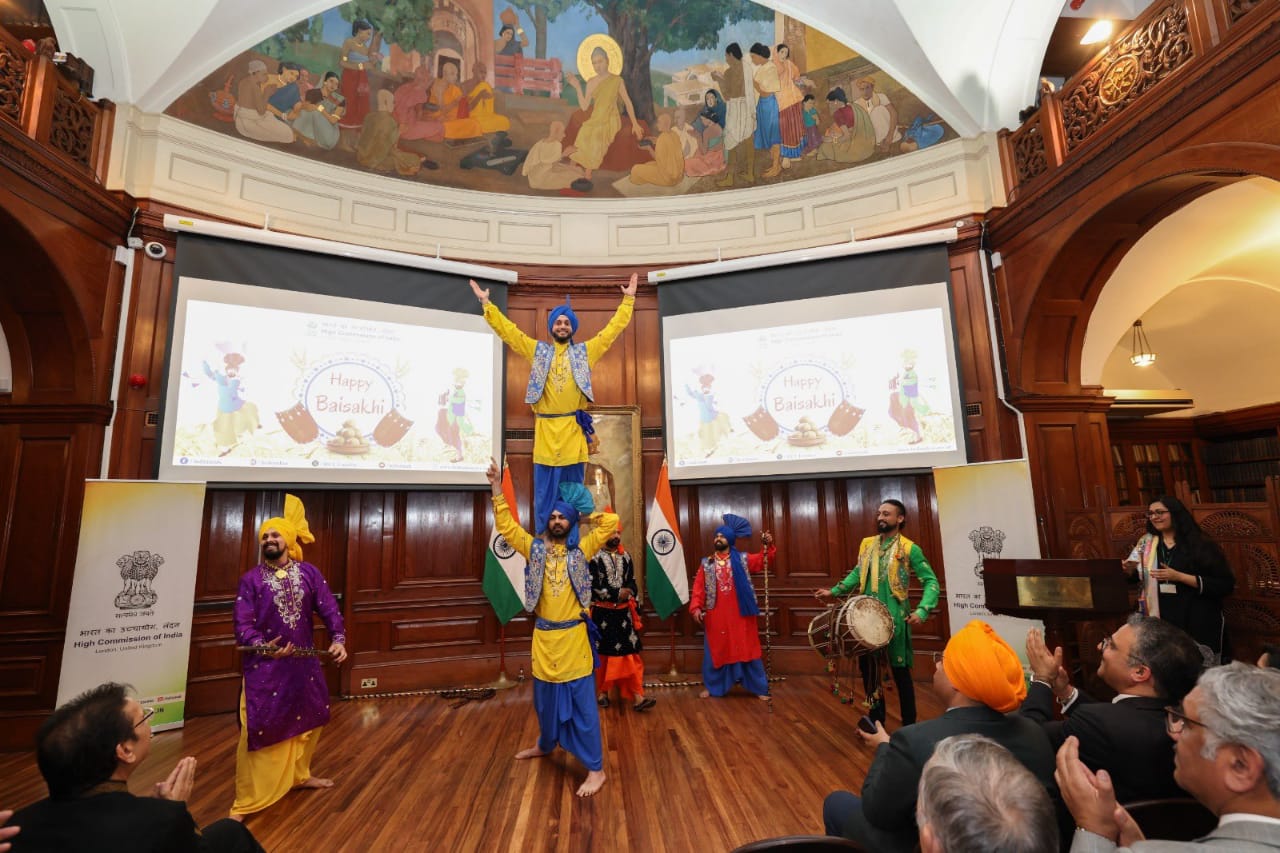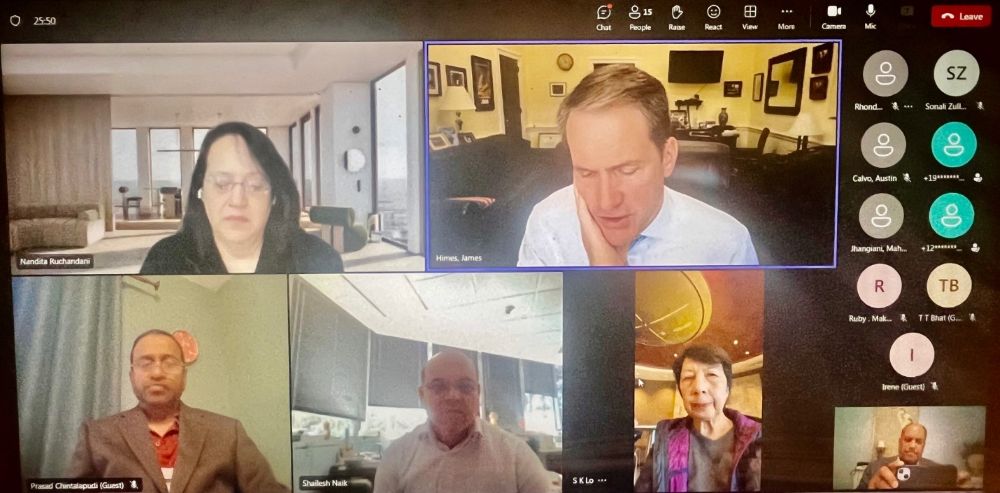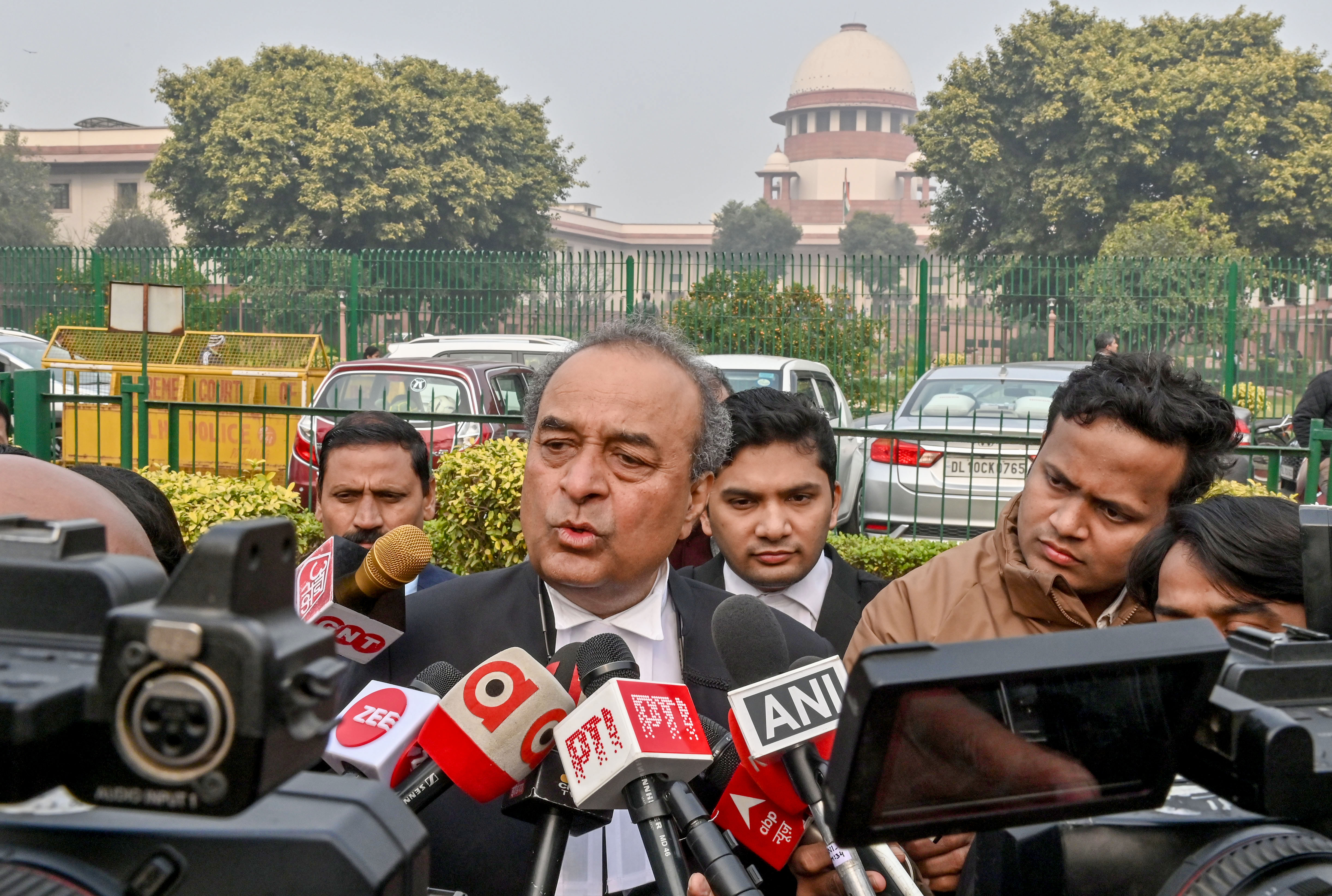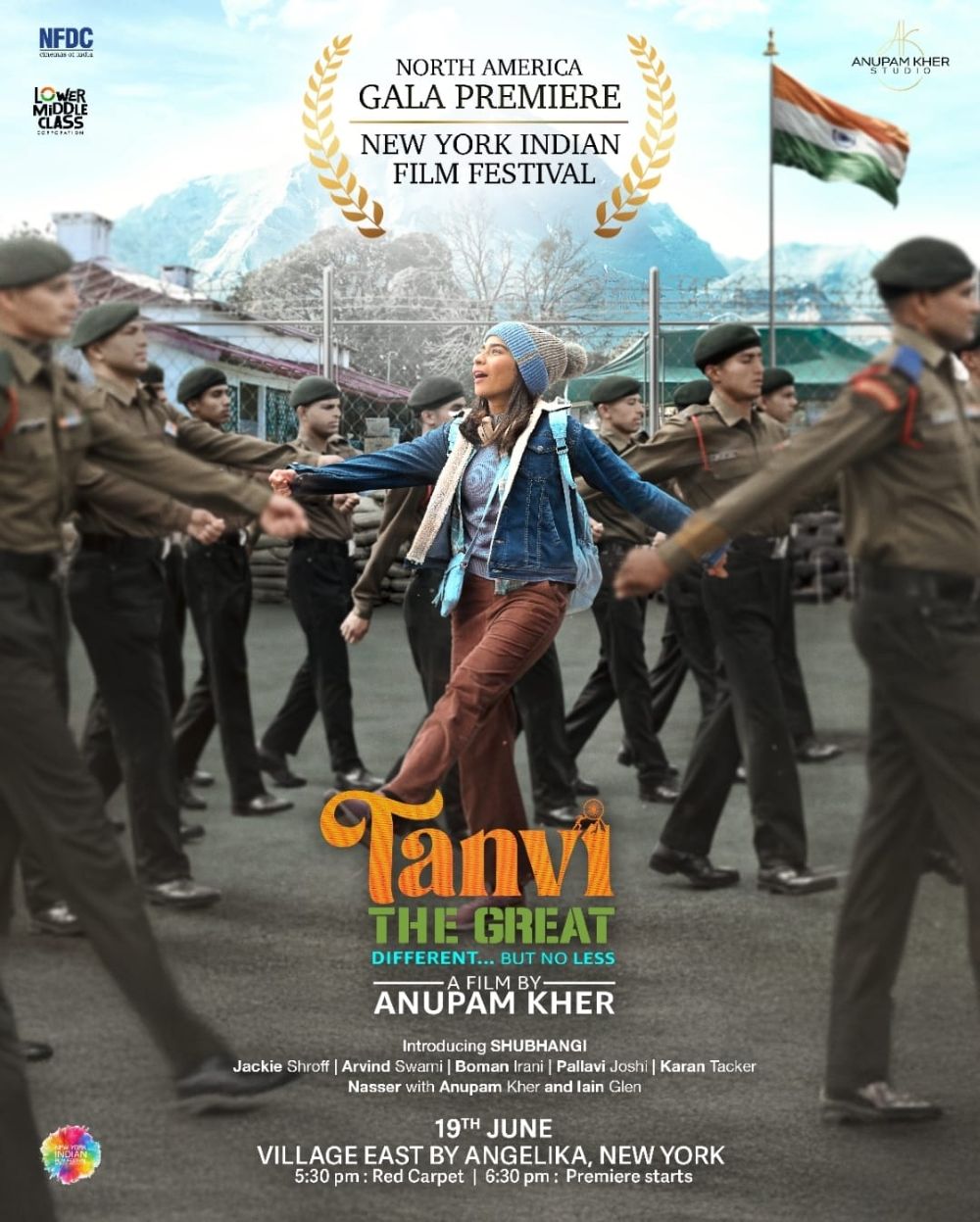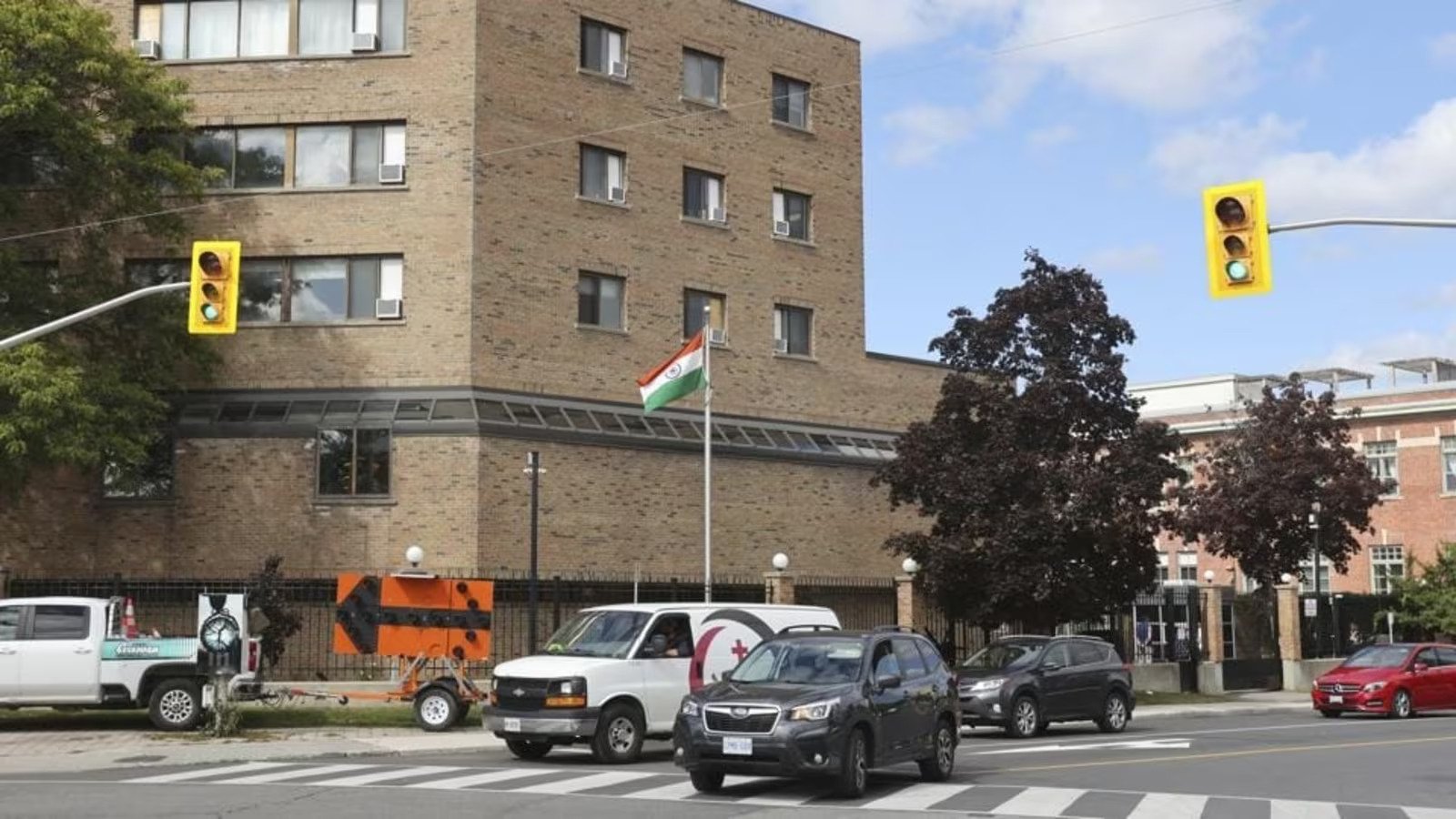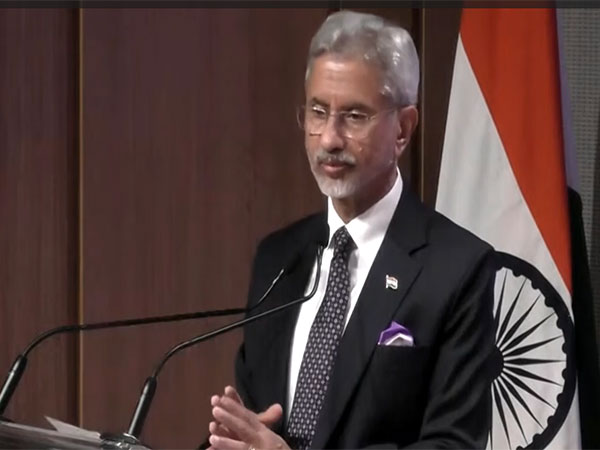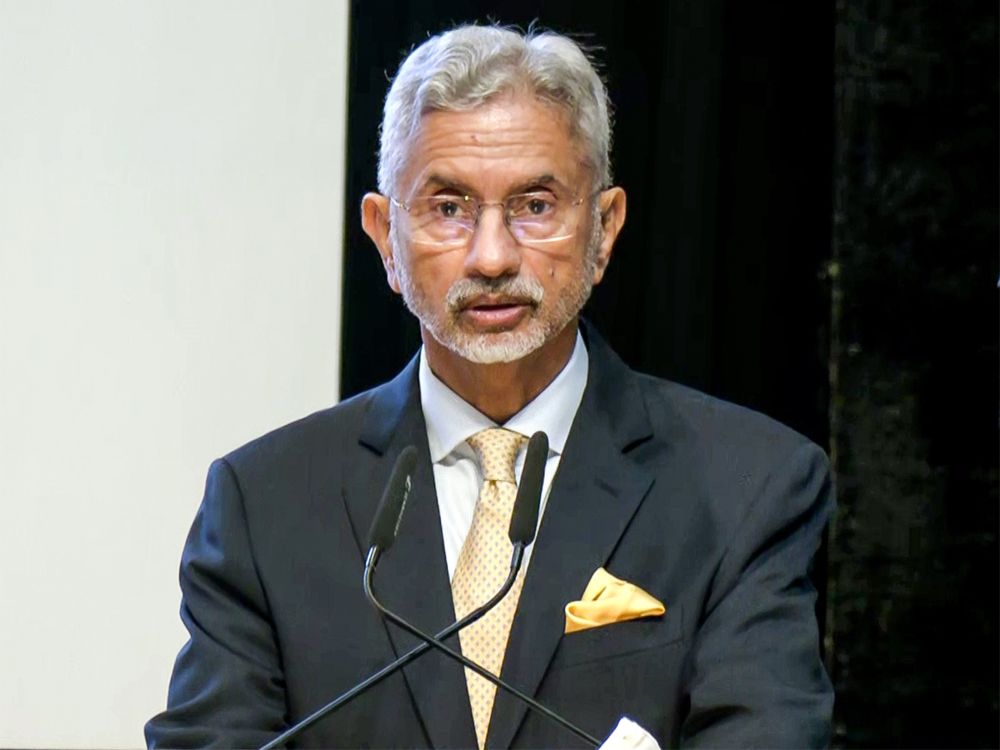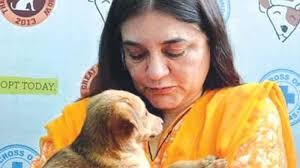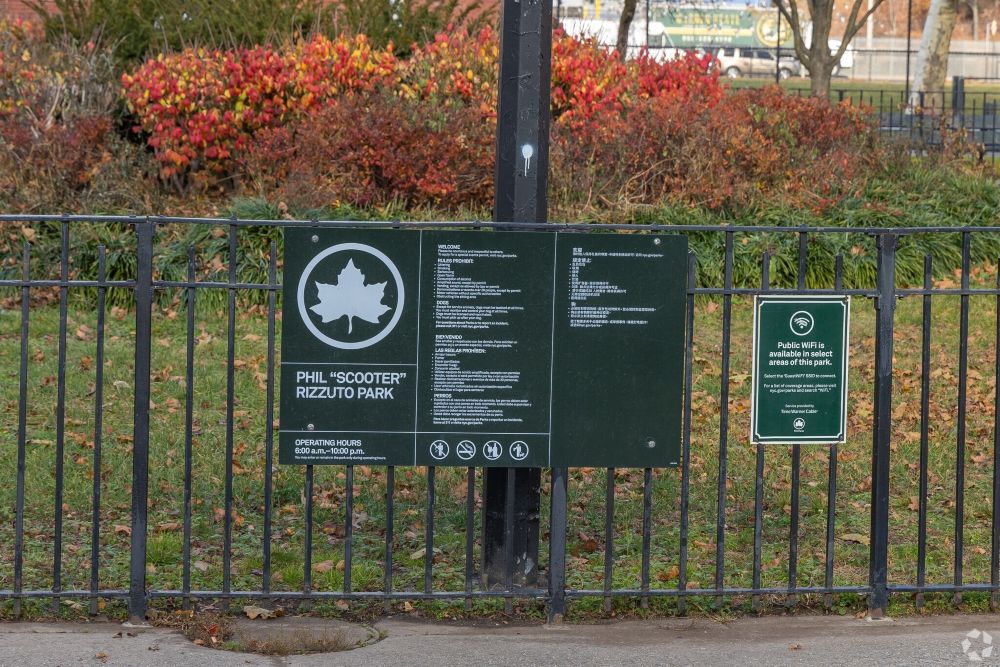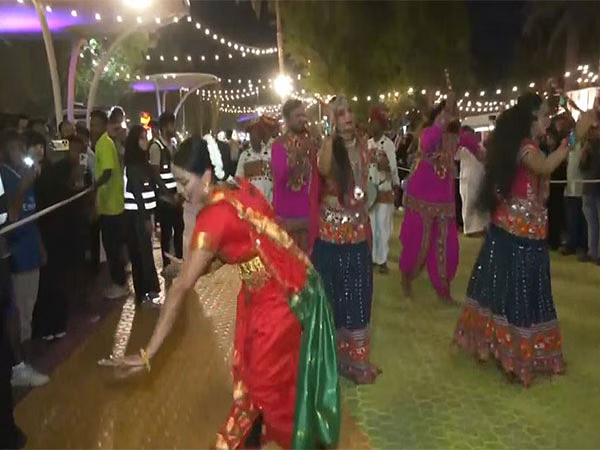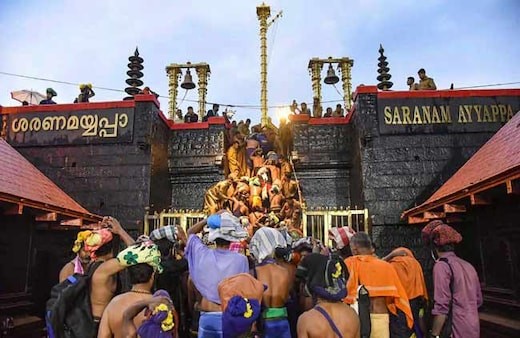Our Bureau
London
The High Commission of India in London organized a vibrant Baisakhi celebration. The event reverberated with bhangra music and diaspora organizations reflecting upon the inclusive message of Punjab’s traditional harvest festival.
Indian High Commissioner to the UK, Vikram Doraiswami and Deputy High Commissioner Sujit Ghosh hosted a large gathering of parliamentarians, community leaders and well-known artists. Also present were senior diplomats and British Punjabi musician Channi Singh who adorned turbans for the festive occasion at the India House.
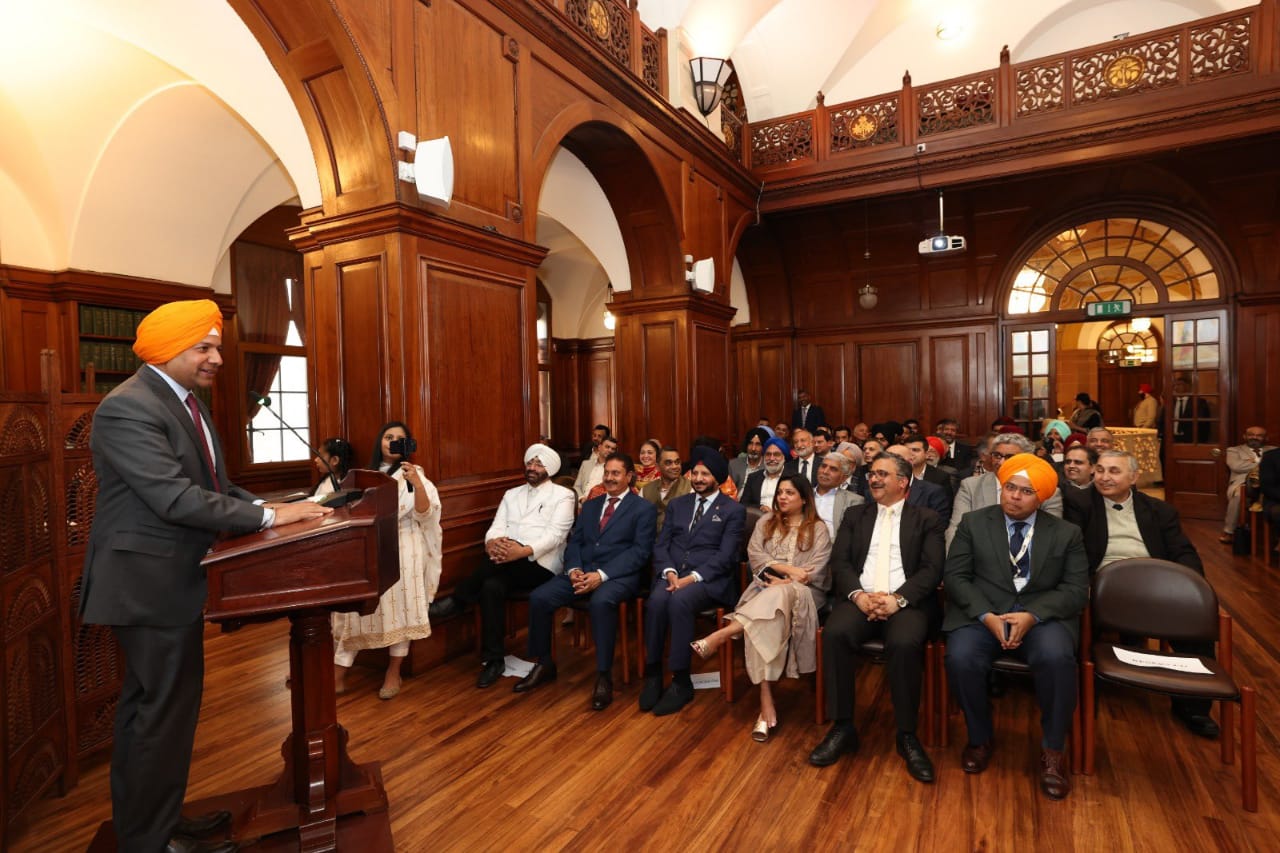
Hindi story writer Tejinder Sharma and Punjabi poet and scholar Talwinder Singh Dhillon opened the proceedings to set the context of the festival and its universal message of peace and harmony.
“Baisakhi is made up of the words Basal, which means getting together, and Fasal, which means the harvesting of crops, making up this historic springtime festival,” said Dhillon, as he reflected upon the history of the festival marking the birth of the Khalsa in the 17th century.
Virendra Sharma, Britain’s veteran member of Parliament of Indian heritage from the predominantly Punjabi constituency of Ealing Southall in west London, spoke of the occasion as symbolic of the “immense contribution” of the Sikh community to the UK. “The spirit of service can be witnessed everywhere, whether it is in the contribution of our gurdwaras, the local business community or individuals,” he said.
Fellow Labor MP and Padma Shri recipient Barry Gardiner and British Punjabi peers Baroness Sandy Verma and Lord Rami Ranger were among others who addressed the gathering.
“Baisakhi brings to me a few important lessons, the first point that I take from it is the understanding of Sikhi – the idea of being a voyager in the quest of truth. It means none of us has knowledge of the truth, but we are seeking it…I invite you to celebrate with me and my colleagues, the festival of Baisakhi in its truest, most fundamental meaning of celebrating it in the tradition of Sikhi,” said High Commissioner Doraiswami in his address.
“We must remember that the basis for what the great Gurus were teaching us was rationality, practicality. What is sewa if not practicality… it is about recognizing the common humanity in each of us,” he added.
















